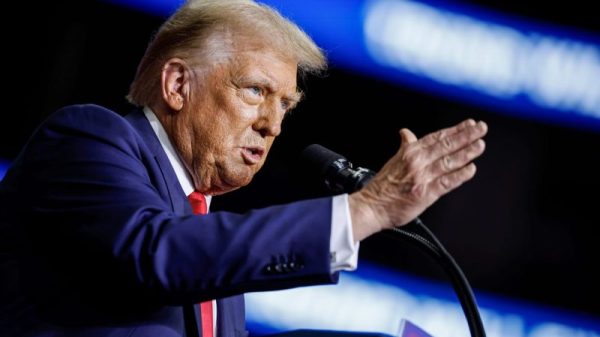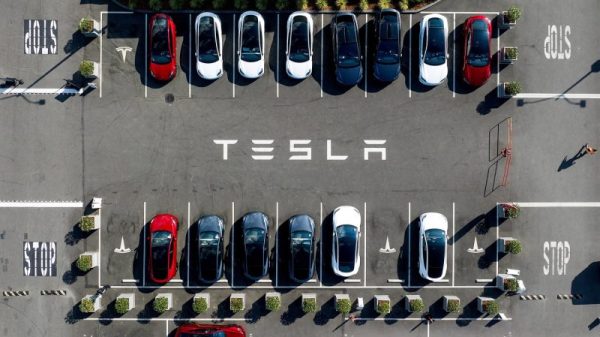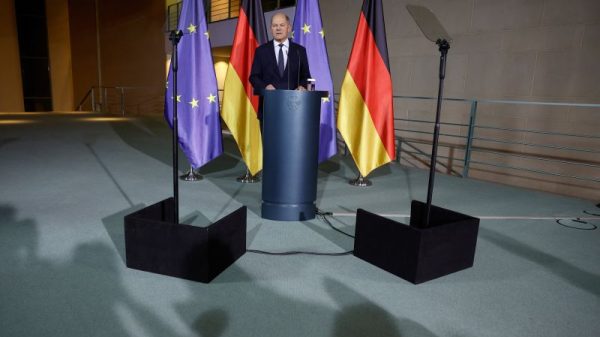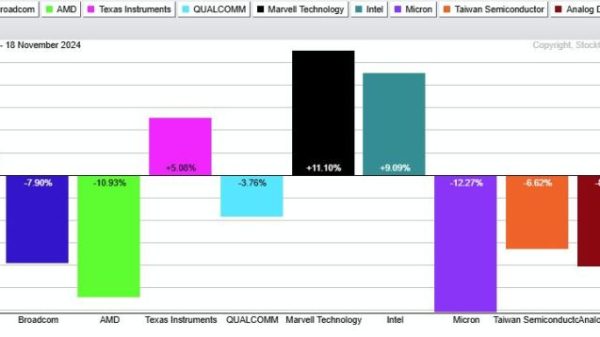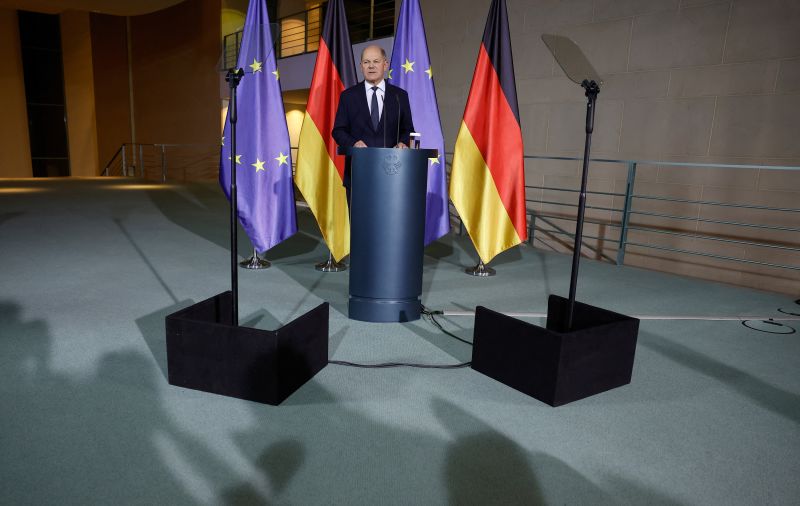Economic stability in any country largely depends on the healthy functioning of its financial institutions, orchestrated by a competent finance minister. This core position plays a monumental role in dictating the fiscal direction of the nation and ensuring prudent economic practices. The recently unfolded events in Germany, with Chancellor Angela Merkel’s hotly contested decision to dismiss Finance Minister Olaf Scholz, have plunged the country into political and economic uncertainty, intensifying political turbulence in an already frail coalition government.
Chancellor Merkel’s move has been perceived as radical by both political allies and opponents alike. Not only does it subvert conventional means of political reshuffling, but it also highlights the fractures within Merkel’s government, and potentially teeters Germany on the brink of a political crisis. Mr. Scholz, a member of the Social Democratic Party (SPD), served as Vice-Chancellor as well as Finance Minister, making his dismissal a significant blow to the coalition government.
Fueling the controversy surrounding the Chancellor’s decision was the lack of explicit explanation. The reasons behind Scholz’s removal remain a matter of speculation and conjecture, increasing tensions within the government and public alike. Many German political analysts opine that differences in economic ideologies and policy-making approaches between Merkel and Scholz might have been the catalyst for this unexpected upheaval. Such theories are backed by previous instances of heated debates regarding economic reforms and fiscal policies between the two political figureheads.
Scholz’s termination has also raised alarm bells within his own party, the SPD, which responded with outrage, seeing the move as a direct affront and a violation of the coalition agreement. As a result, this controversial dismissal has led to an acute fracturing of the coalition government, offering a platform for political parties to renegotiate power dynamics. To add to this complexity, Germany’s opposition parties have used this upheaval as an opportunity to criticize Merkel’s government, thereby adding fuel to the political firestorm.
Government stability heavily relies upon successful coalition formation, maintenance, and mutual agreement on central issues. It is the glue that binds political parties with varying ideologies in unity for governing and providing continuity. Firing a key figure such as the finance minister is bound to cause ramifications that ripple across the political landscape and economy, potentially destabilizing the entire government framework.
In summary, the dismissal of the Finance Minister Olaf Scholz by Chancellor Angela Merkel has not only revealed cracks within the coalition government but has also provoked unprecedented political turmoil that risks compromising the stability of the German government. Moreover, this move unwraps a wave of repercussions that throws into question the sustainability of coalition politics in Germany. The country must swiftly rectify the aftershock of this unexpected political wrinkle to ensure smooth governance and preserve financial stability. The ramifications of this void on the global stage are yet to be seen, which reinforces the universal principle that a strong government depends on every cog in the machinery working harmoniously and efficiently.




